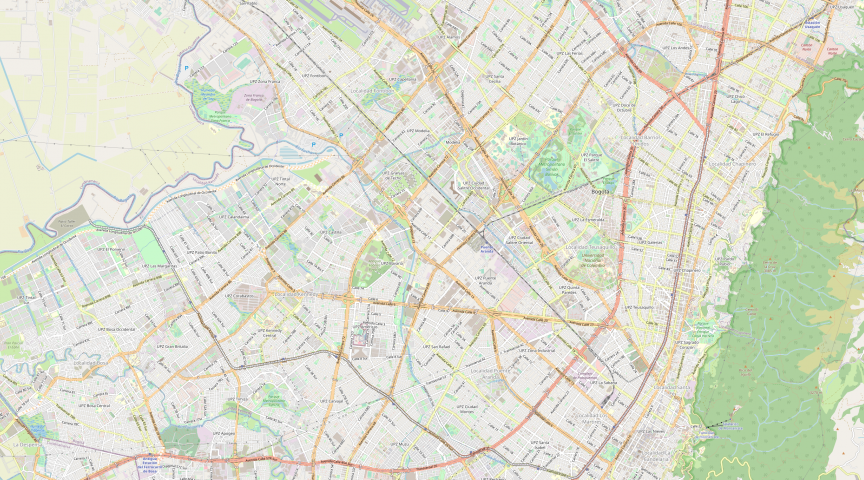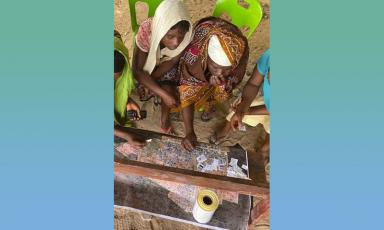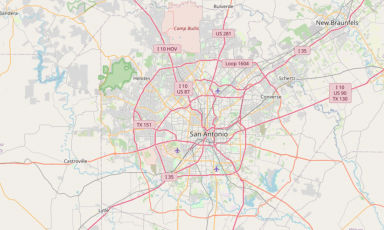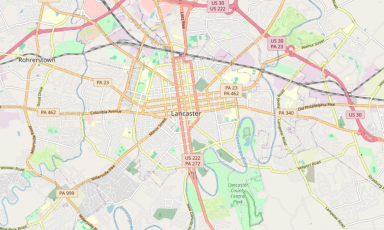Bogota, Colombia
Advisor for migratory affairs of the Mayor's office

Summary
Colombia has faced the second largest migratory crisis in the world with Bogotá being the Latin American and Caribbean capital with the most Venezuelan migrants in its territory. Currently there are around 397.716 venezuelan migrants in Bogotá, 21.7% of the total migrant population in Colombia.
Previously Bogotá’s local government institutions worked individually to provide services to migrant population in the city. Many of these initial services focused on humanitarian assistance. As the city sought to move towards social, economic and cultural integration for migrants it became apparent that it was necessary to articulate the work being done by the city’s organizations in order to streamline the service portfolio offered, get a better understanding of the migrant population in the city and create a more efficient route to offer services to migrants starting with regularization under the Temporary Protection Statute for Venezuelan Migrants (ETPV). Once migrants are regularized the city will offer them a full portfolio of services focusing on employment, health, education, culture, among others.
In order to achieve this purpose, the office of the Mayor, with support from the World Bank, has created the Advisory Office for Migratory Affairs. This Office seeks to support and integrate the migrant population in Bogotá through strategic institutional actions working together with the private sector, international cooperation and civil society to protect the human rights of migrants, reduce poverty and foster development in the city and country.
The Advisory Office has formulated a two year strategy that is based on the following strategic priorities:
- Regularization and affiliation to subsidized social security.
- Social and humanitarian attention
- Social, economic and cultural integration
- Coexistence
- Xenophobia prevention
- Strengthening Institutions
Impact
The expected outcomes for this initiative are:
- Increasing regularization and access to subsidized social security. This will be measured through the records of Migración Colombia and the Planning Secretariat.
- Increased formal job placement for migrants in the city. This will be measured through various initiatives that are being worked on in the city.
- Xenophobia reduction. This will be measured through the work of think tanks specialized in this topic.
- Access to actionable information related to migration in the city. This will be measured through the creation of a dashboard that will contain detailed information.
Lessons Learnt
The importance of cooperation between city-wide organizations. We carried out a workshop on March 12 with all local government sectors and were able to identify key synergies and duplicated efforts between institutions.
We have also learned about the importance of close coordination with international cooperation actors. The health and education sectors have carried out working sessions in order to present the local strategy and focus the support these actors provide in the city.
We have also learned the importance of creating institutional spaces to talk about migration and migration policy. This has been channeled through the Intersectoral Commission for the Attention to Mixed Migration Flows, a Comission that brings together all government sectors and internation cooperation.
Finally we have also learned about the importance of continuing to support actions that have proven successful in the city, including regularization of migrants through the CADE Network (a government network of centers that offer over 200 services to citizens), enrollment of migrant students in the public education system and continuing to support efforts to vaccinate regularized and non-regularized migrants.


